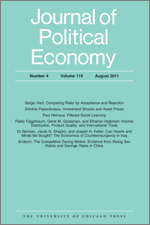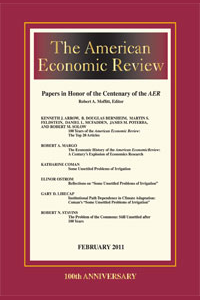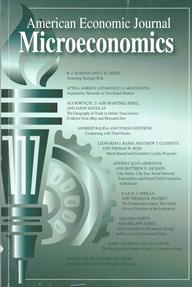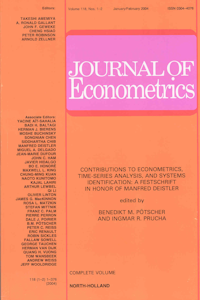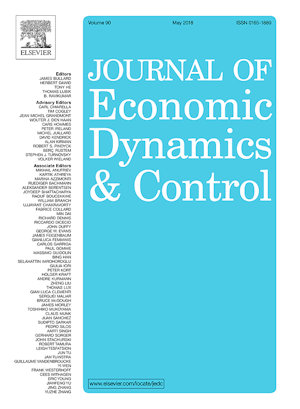
Dziubinski, M. and Roy, J.
Popularity of reinforcement-based and belief-based learning models: An evolutionary approach
Journal of Economic Dynamics and Control
Vol. 36(3) pp. 433-454 (2012)
Abstract: In an evolutionary model, players from a given population meet randomly in pairs each instant to play a coordination game. At each instant, the learning model used is determined via some replicator dynamics that respects payoff fitness. We allow for two such models: a belief-based best-response model that uses a costly predictor, and a costless reinforcement-based one. This generates dynamics over the choice of learning models and the consequent choices of endogenous variables. We report conditions under which the long run outcomes are efficient (or inefficient) and they support the exclusive use of either of the models (or their co-existence).
JEL Codes: D01, D03, D70
Author links:
Publisher's Link: http://www.sciencedirect.com/science/article/pii/S0165188911001928 ![]()

